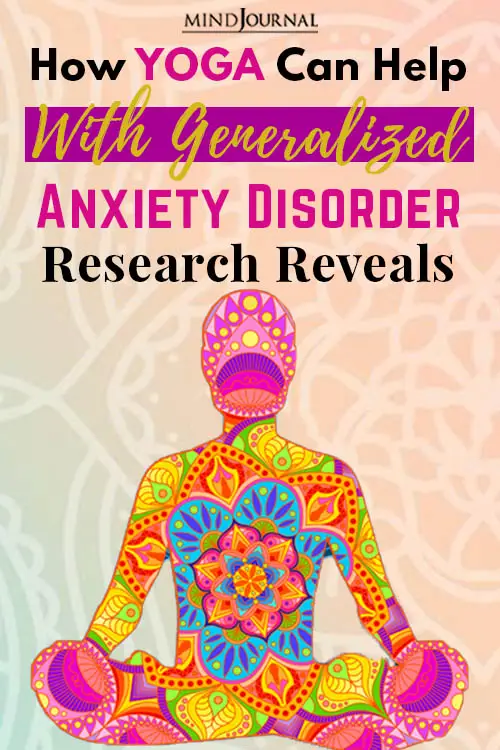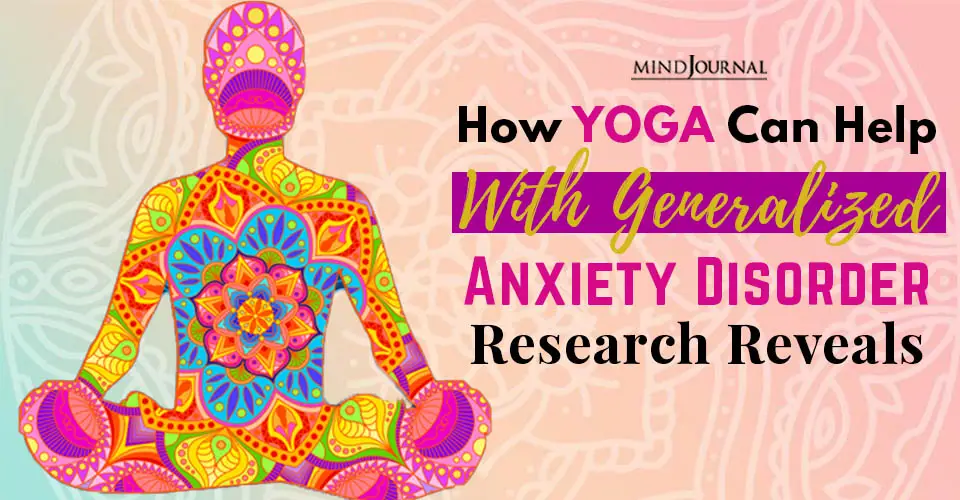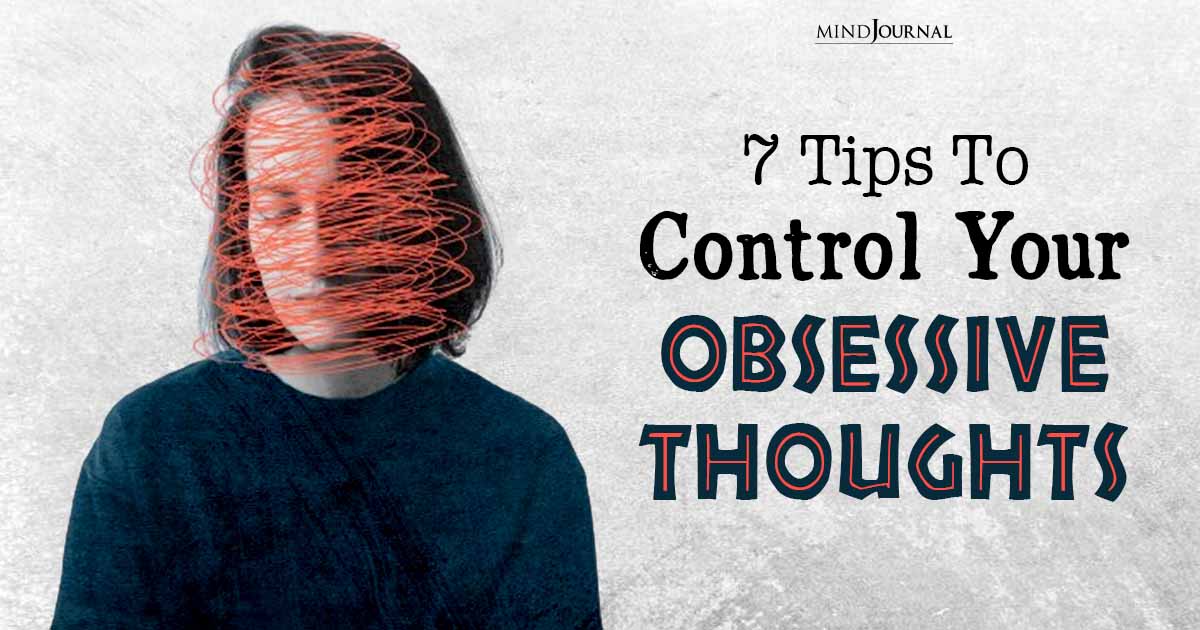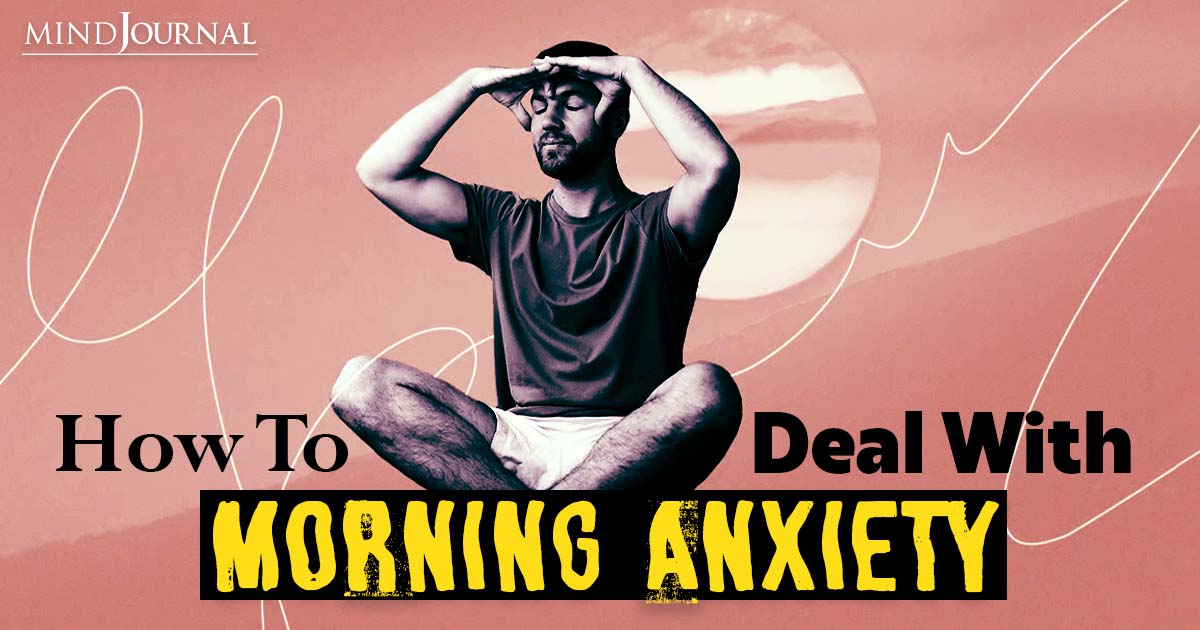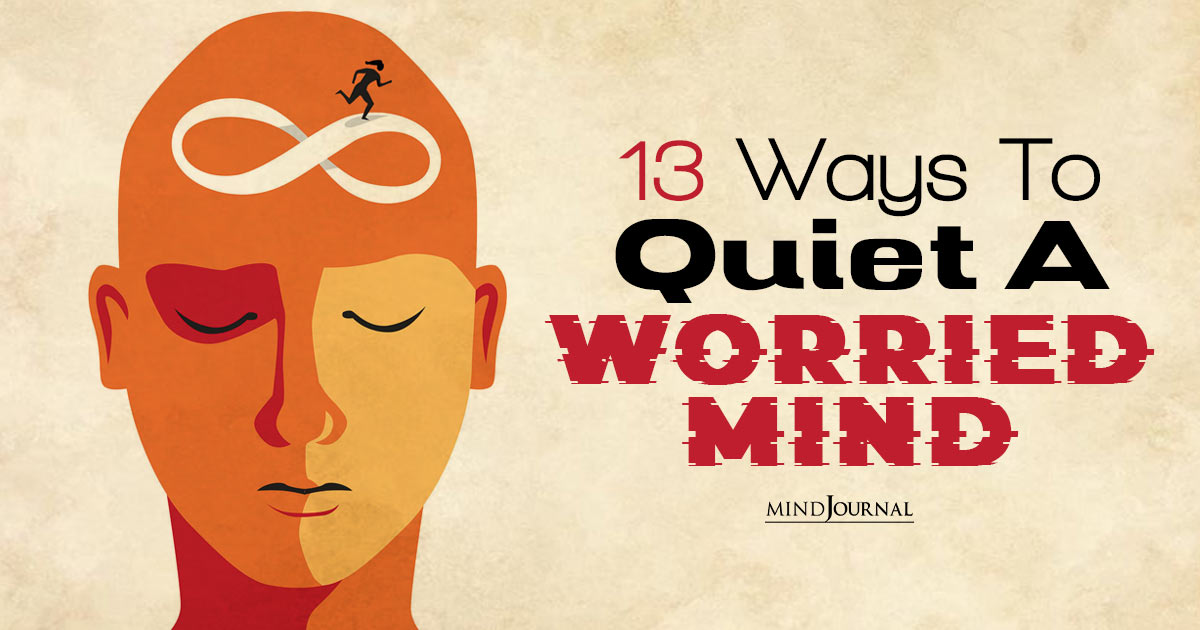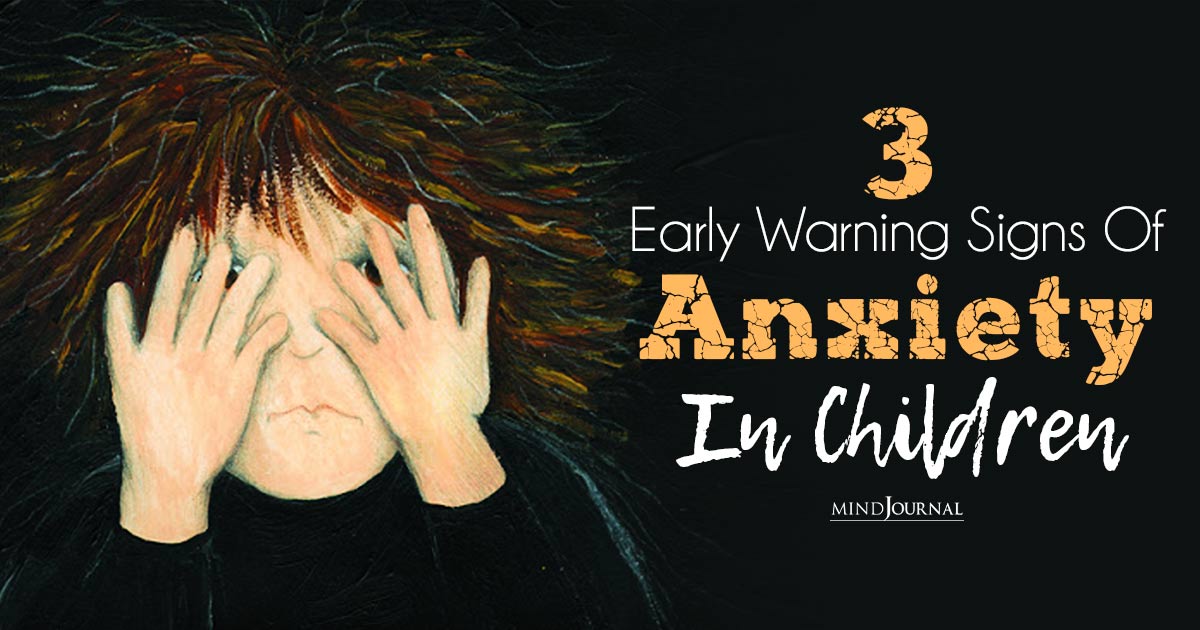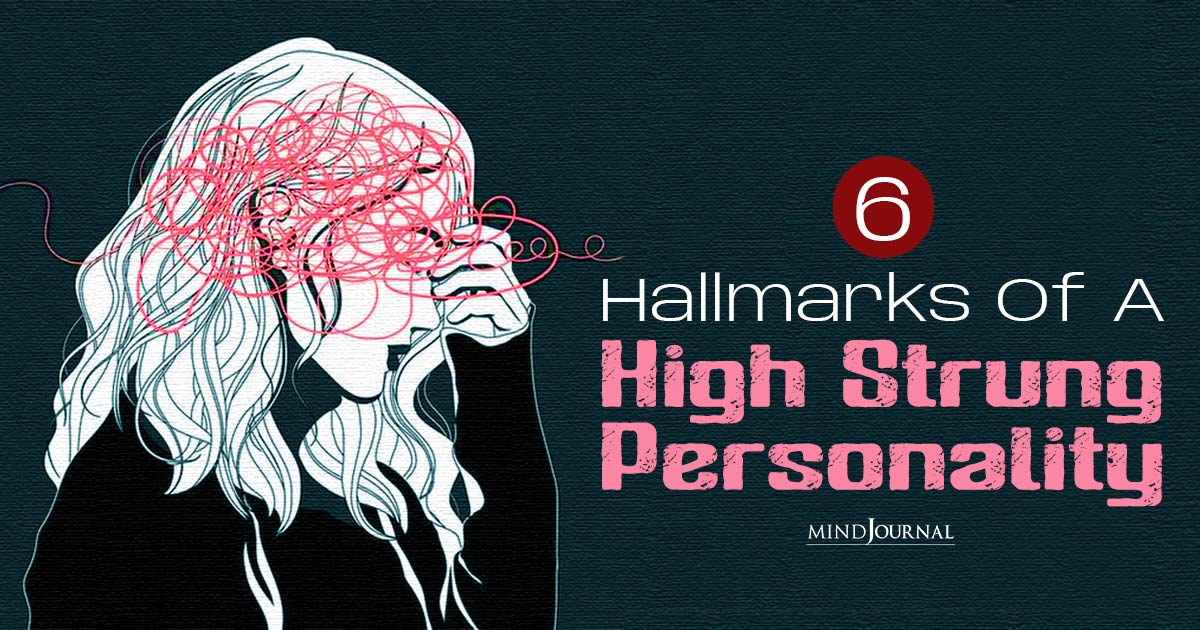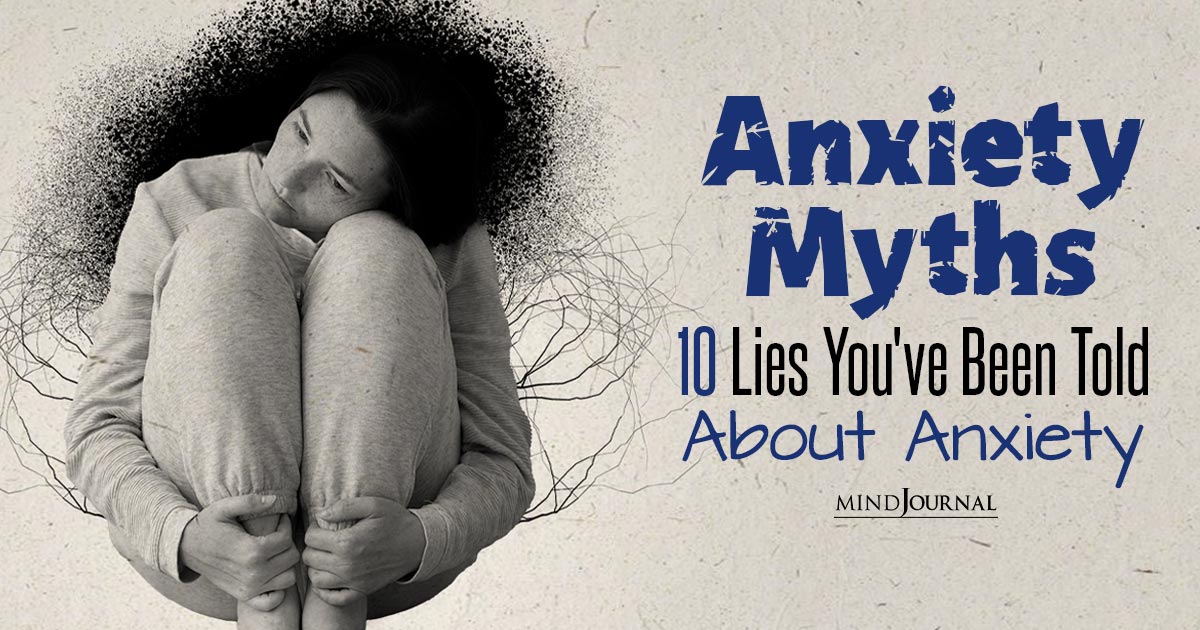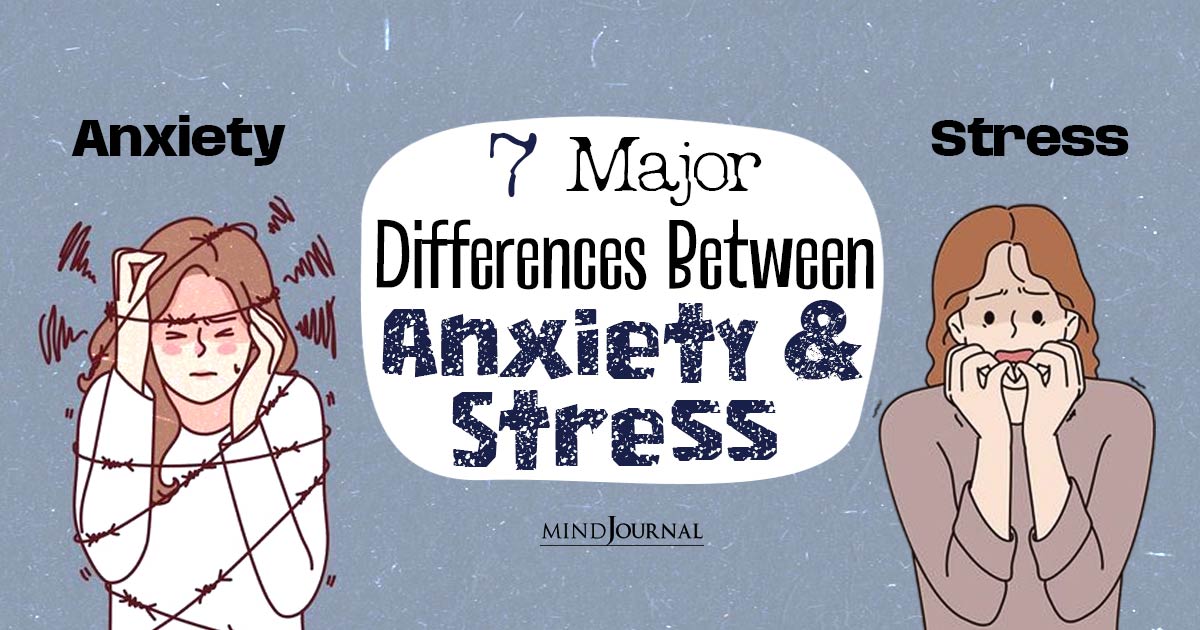Not many might know this, but if you suffer from Generalized Anxiety Disorder (GAD) then yoga can be extremely beneficial for you. Apart from therapy and medication, yoga helps with anxiety and can do wonders for people suffering from the debilitating effects of GAD. International yoga day is near, so let’s discuss how yoga benefits people with anxiety.
The ancient tradition of yoga has been heralded as good medicine for the body. Multiple studies show that yoga helps to regulate blood glucose levels, improve muscle-skeletal ailments, moderate the nervous system, and regulate the cardiovascular system. The pace is slow and steady, and the poses are relatively easy.
Kundalini yoga blends several basics that work directly on physical vitality and increased consciousness: stretching, body poses, controlled breathing, focused attention, mental awareness, and the meditative process.
The basic technique is to stretch and concentrate on holding different postures as you control your breathing. This practice draws you away from ruminating thoughts and worries as you move through poses with names like cobra, archer, or the cat-cow that require balance and concentration. Staying focused on your body and breath gives your brain a long-overdue break.
After just one session, it’s possible to come away with a quieter mind, lighter feeling, refreshed, and clear headed.
The New Study
But how effective is yoga in improving mental health, specifically with regard to conditions like generalized anxiety disorder (GAD), which includes chronic nervousness and worry? GAD is common, impairing, and undertreated. Although many patients with GAD seek complementary and alternative interventions, including yoga, data supporting yoga’s efficacy or how it compares to first-line treatments such as cognitive-behavioral therapy (CBT)—a therapeutic approach that helps patients identify and re-frame negative thinking—are lacking.
A recent study randomly assigned 226 adults, diagnosed with GAD, to one of three study groups. The goal of the study was to determine whether Kundalini yoga (93 participants) and CBT (90 participants) are each more effective than a control group that included stress education (43 participants) and whether yoga is as effective as CBT for the treatment of GAD.
After three months, groups engaged in either Kundalini yoga or CBT treatment showed greater improvement in GAD symptoms than the stress-education group did, but CBT was more effective than Kundalini yoga. Fully 54 percent of those who practiced yoga met response criteria for meaningfully improved symptoms, compared to 33 percent in the stress-education group.
Of those treated with CBT, 71 percent met these symptom improvement criteria. The investigators concluded that, although yoga seems to be effective for GAD, CBT remains the gold standard treatment.
Related: 6 Yoga Mudras To Heal Common Ailments
Implications of This Study
According to the Anxiety and Depression Association of America, GAD is a common condition affecting 6.8 million adults (3.1 percent of the U.S. population) every year.
People with GAD might overfocus on potential disasters or be overly concerned about money, career, or other issues. The disorder causes unwarranted concerns when there is no apparent evidence for concern. Unfortunately, many sufferers are reluctant or unable to access evidence-based treatments, and many adults are unwilling to take medications for the disorder.
The new study builds on the research to suggest that the popular, available, and inexpensive practice of yoga may be helpful for treating anxiety in adults. According to lead researcher Dr. Naomi Simon, a professor in the Department of Psychiatry at New York University’s Langone Health, “Our findings demonstrate that yoga, which is safe and widely available, can improve symptoms for some people with this disorder and could be a valuable tool in an overall treatment plan.”
So, this yoga day 2023, I hope you start a new journey to overcome anxiety disorder with the help of yoga. Happy International Yoga Day!!!
References:
Simon, N.A. et al. (2020). Efficacy of yoga vs cognitive behavioral therapy vs stress education for the treatment of generalized anxiety disorder: A randomized clinical trial. JAMA Psychiatry, 2020 DOI: 10.1001/jamapsychiatry.2020.2496
Written By Bryan E. Robinson Originally Appeared In Psychology Today
If you are someone who has struggled with or is struggling with Generalized Anxiety Disorder, then definitely give yoga a try. Doing yoga takes a bit of patience, but hang in there because it’s benefits can astound you. Try it out and see how better and calm you feel on the inside.
